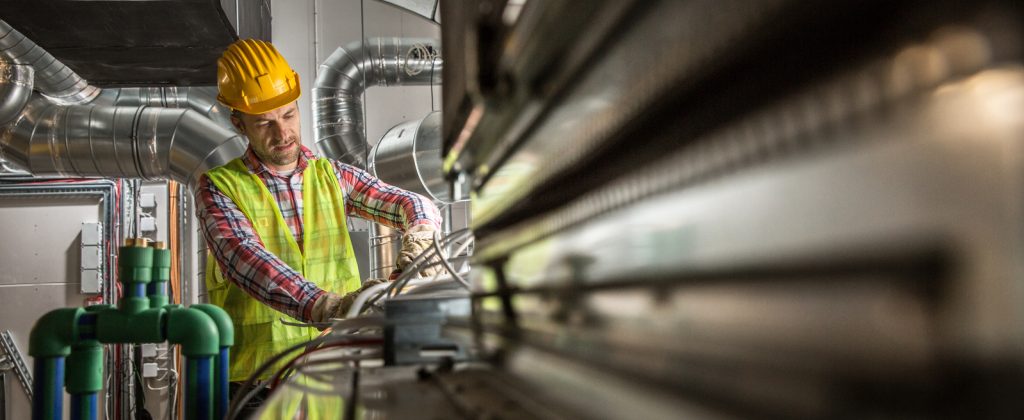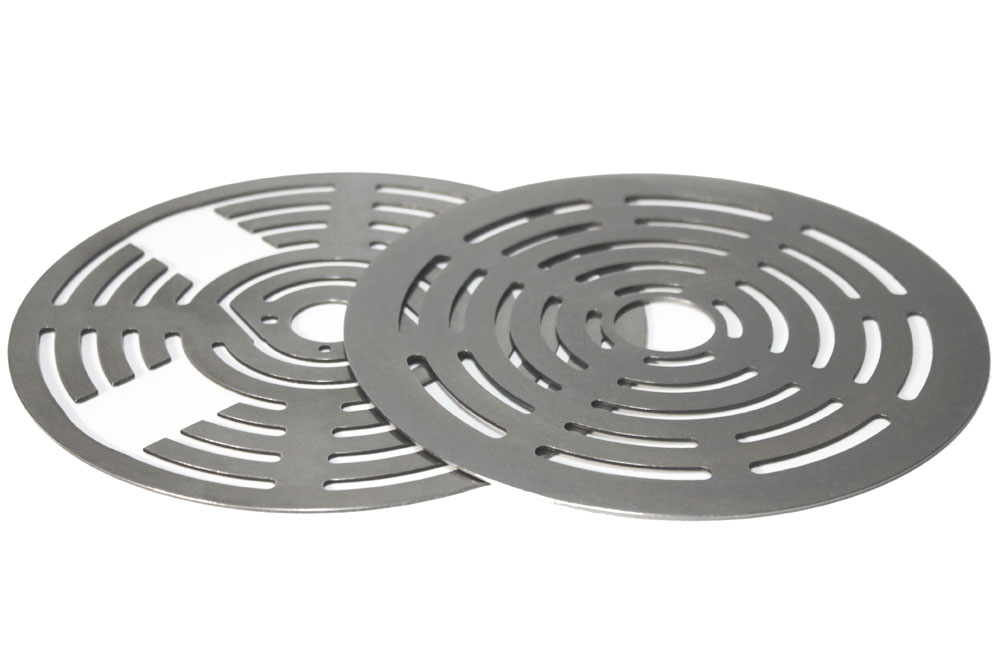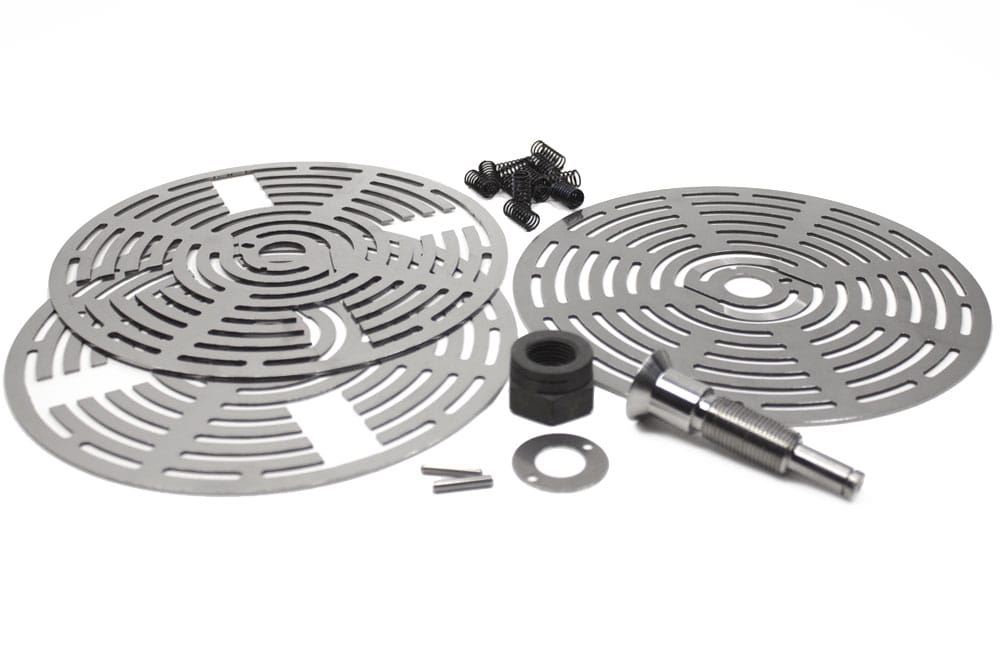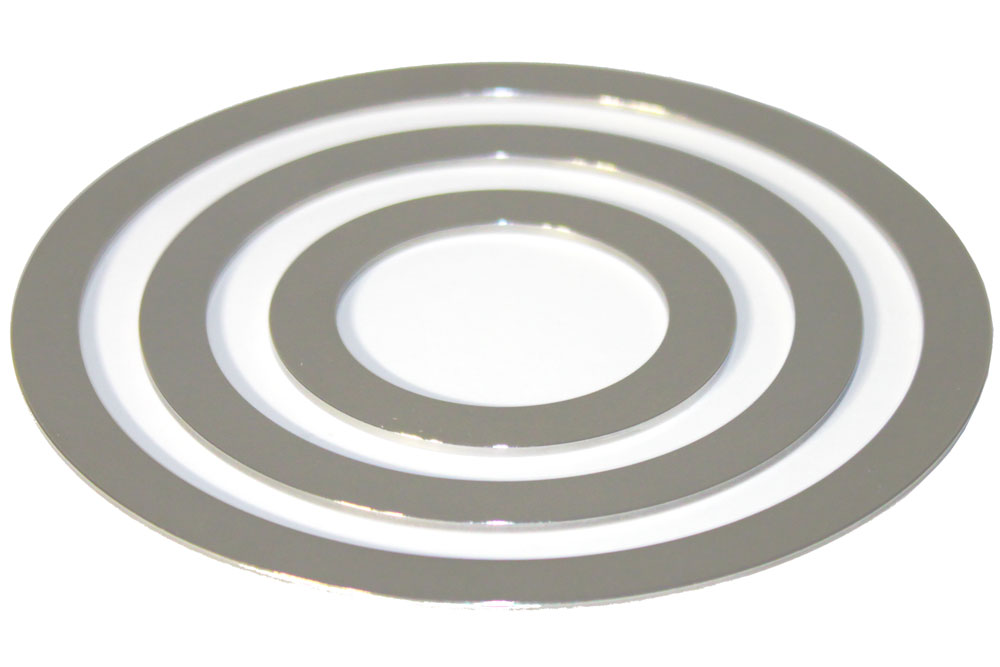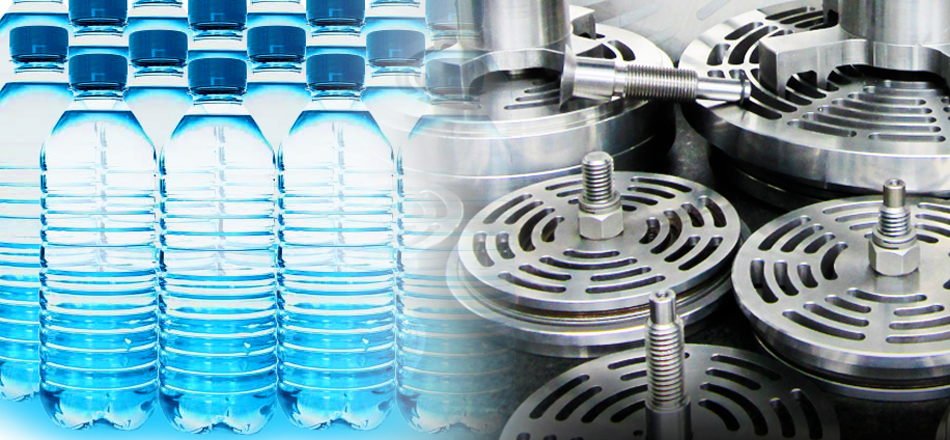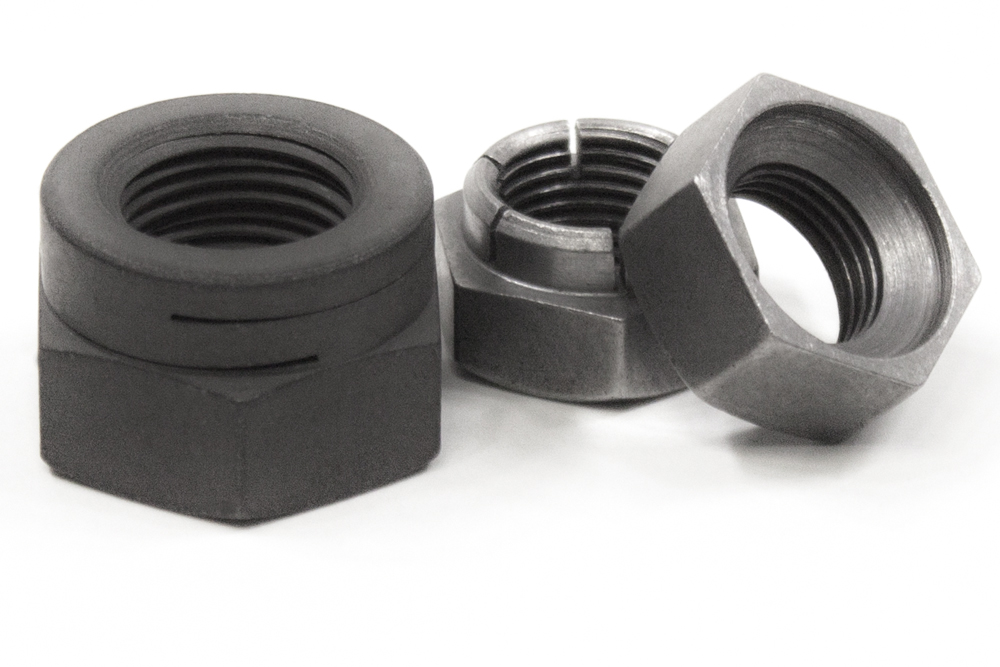Posts Tagged ‘compressor parts’
How to Inspect and Maintain Reciprocating Compressor Rod Packing Effectively
Reciprocating compressor rod packing is a critical component that seals the piston rod, preventing gas or fluid leaks while maintaining system pressure. Proper inspection, lubrication, and maintenance ensure reliable performance, reduce wear, and extend equipment lifespan. Routine care minimizes downtime, enhances efficiency, and protects the overall integrity of compressor systems. Reciprocating compressors are vital in…
Read MoreSigns Your Cushion Plates Need Replacement in Industrial Compressors
Cushion plates are essential components in industrial compressors that absorb shock, regulate pressure, and protect moving parts from excessive wear. Regular inspection and timely replacement prevent leaks, vibration, and reduced efficiency. Using high-quality cushion plates ensures consistent performance, extends equipment lifespan, and minimizes costly downtime in industrial operations. Cushion plates are critical components in industrial…
Read MoreAftermarket Parts for Compressors: What Operators Should Know
Aftermarket parts for compressors provide operators with cost-effective, readily available replacements that help maintain system performance and uptime. High-quality components can match operational requirements while reducing downtime and supporting long-term equipment reliability. Choosing the right aftermarket parts ensures efficiency, durability, and predictable maintenance schedules. Unexpected component failures can bring operations to a halt, strain maintenance…
Read MoreTips for Specifying the Right Valve Parts for Your Compressor Model
Selecting the right valve parts is essential to keep your compressor model running efficiently and reliably. Matching material specifications, pressure ratings, and OEM compatibility ensures optimal performance and longevity. Properly specified valves prevent downtime, reduce wear, and maintain consistent operation for your compressor model under varying operating conditions. Selecting the right valve parts for your…
Read MoreValve Seat Ring Materials and Applications
A valve seat ring ensures tight sealing and consistent flow control in valves used for compressors. Choosing the right valve seat ring material enhances corrosion resistance, reduces wear, and extends service life under demanding operating conditions. Valve seat rings play a critical role in controlling gas flow within a system by providing a reliable sealing…
Read MoreHow a P.E.T. Compressor Works, and Key Valve Parts to Stock
A P.E.T. compressor is designed to efficiently compress gases for industrial applications, ensuring consistent pressure and reliable operation. Its performance depends on well-maintained components, particularly valves, which control gas flow during compression cycles. Proper maintenance and stocking of key parts enhance durability, reduce downtime, and optimize system efficiency. Understanding how a P.E.T. compressor operates is…
Read MoreParts of a Compressor Explained: Functions and Importance
Understanding the parts of a compressor is essential for reliable, efficient, and safe operation. Key components like pistons, valves, crankshafts, bearings, and cooling systems work together to maintain performance. Proper maintenance and awareness of these parts prevent downtime, extend equipment lifespan, and optimize overall compressor efficiency. Compressors are essential components in many industrial and commercial…
Read MoreHow Compressor Parts Impact Gas Gathering System Efficiency and Reliability
A gas gathering system collects natural gas from production sites and transports it to processing or storage facilities. Its efficiency and reliability depend on the performance of compressors, valves, and other critical components. Proper maintenance, high-quality parts, and monitoring ensure consistent flow, optimal pressure, and safe, uninterrupted operation throughout the system. Inefficient or failing compressor…
Read MoreCommon Gasket Seal Failures in Reciprocating Compressors and How to Avoid Them
A gasket seal is a vital component in reciprocating compressors, designed to prevent leaks, maintain pressure, and ensure reliable performance. When properly selected and maintained, a gasket seal improves efficiency and reduces downtime. Choosing the right materials and practices helps avoid failures that can disrupt industrial operations. When gasket seals fail inside reciprocating compressors, the…
Read MoreSelecting the Proper Types of Locknuts for Safety and Reliability
Selecting the right types of locknuts is crucial for safety and reliability in industrial applications. Different locknut designs offer varying levels of vibration resistance, corrosion protection, and load capacity. Understanding their materials, threads, and performance characteristics ensures secure connections, reduces maintenance, and extends equipment lifespan across demanding operational environments. Ensuring safety and reliability in industrial…
Read More
